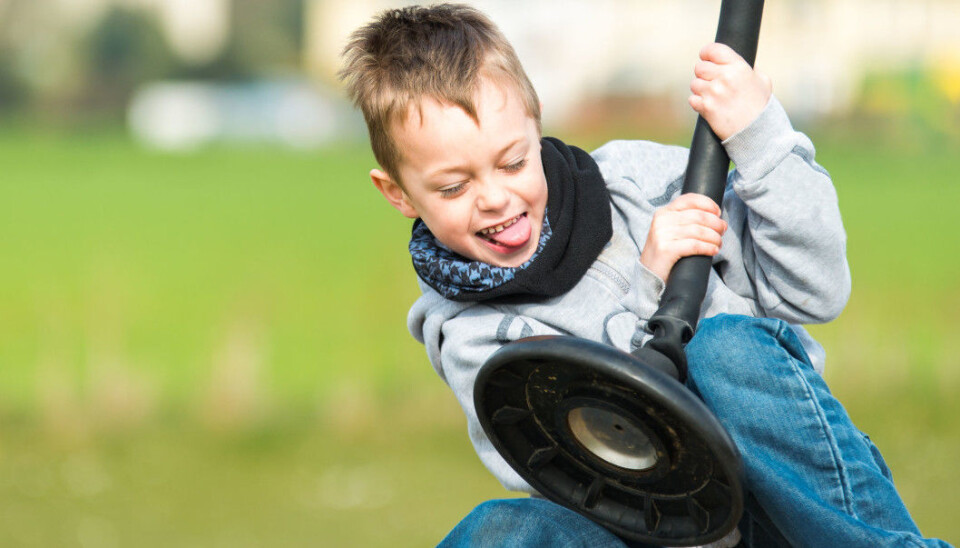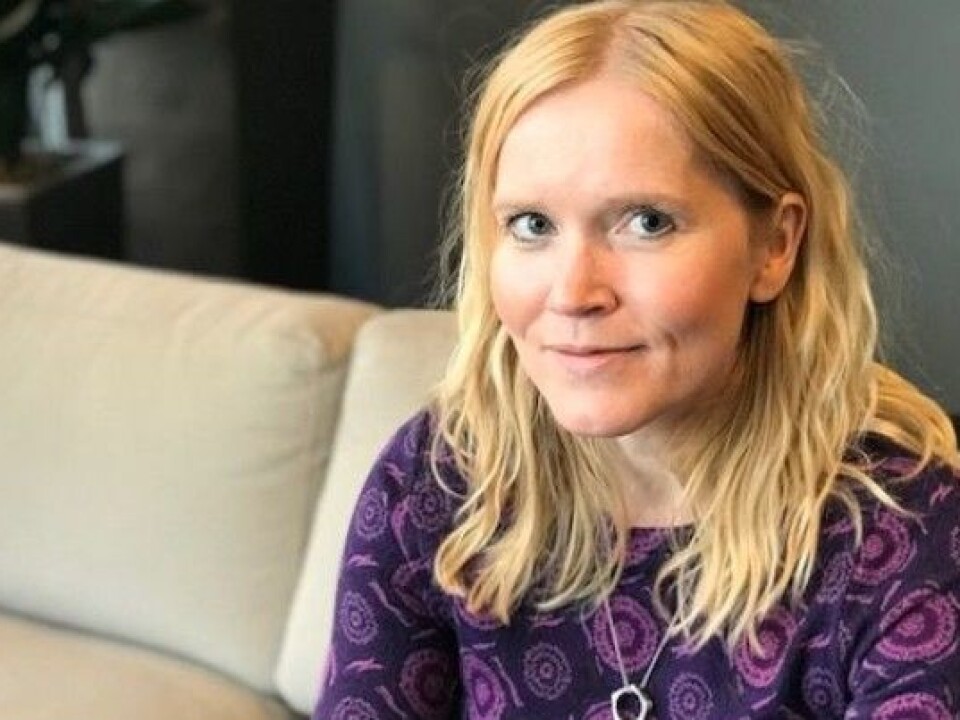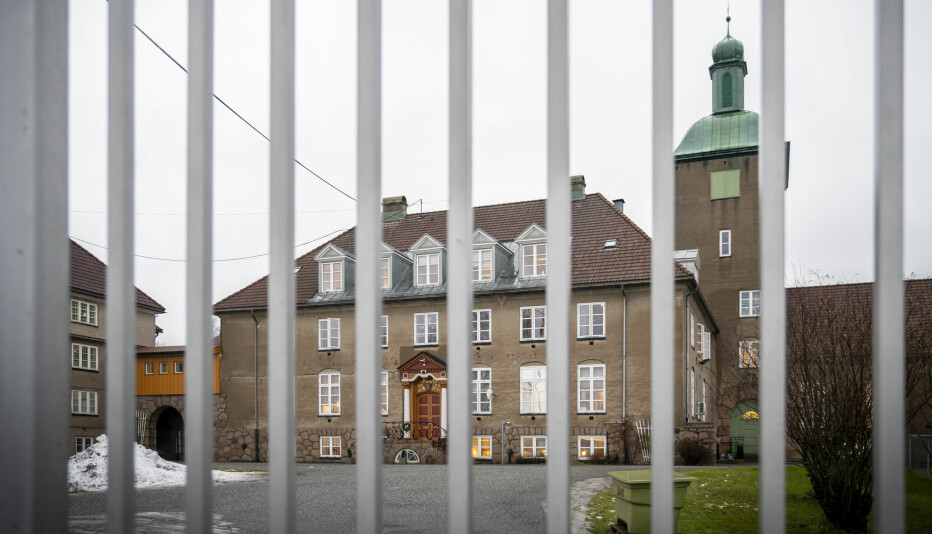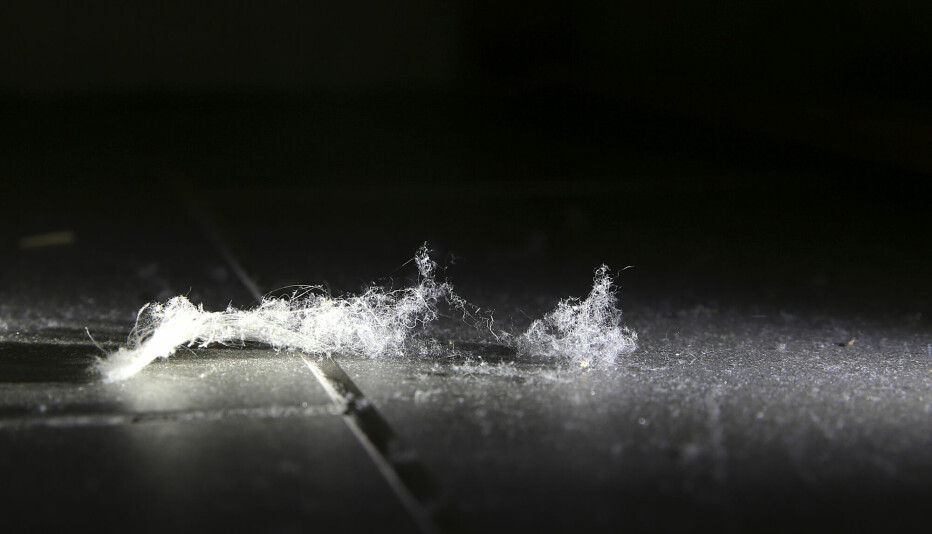
Drinking during pregnancy is probably not the cause of children’s behavioural problems
But a Norwegian alcohol researcher believes the new findings have some limitations.
Every mother-to-be knows that drinking and pregnancy are not a good combination. A number of previous studies have found a connection between a mother’s alcohol consumption during pregnancy and subsequent behavioural or emotional problems in her children.
This has undoubtedly been the cause of a great deal of guilt in mothers who have children with these problems, says researcher Ingunn Olea Lund at the Norwegian Institute of Public Health (NIPH).
She and her colleagues have now concluded a study that raises questions about previous research.
The new findings assert there is actually no causal relationship between a mother’s use of alcohol during the first trimester of pregnancy and problems in her child from the age of one-and-a-half to five.
Research design an issue

Previous studies have relied on a completely different type of research design than used by the NIPH researchers. The older studies did not consider possible underlying factors. These kinds of studies make it impossible to establish a connection between cause and effect, Lund explains.
Initially, the NIPH researchers found the same connection between a mother’s drinking during pregnancy and behavioural and emotional problems in her child. But when the researchers used more robust methods, the link was greatly reduced.
“This suggests that it is not actually the drinking, but other things that cause the child to have problems,” Lund said.
Compared siblings
The FHI researchers used The Norwegian Mother and Child Cohort Study for this study. This is one of the world's largest population studies of mothers, fathers and children. The size of the study enables researchers to study causal relationships in a whole new way.
The new study relies on data from nearly 15,000 mothers and nearly 26,000 children.
The numbers mean that many of the mothers in the study had more than one child who was also included in the study. This gives the researchers the opportunity to create a siblings’ design study, allowing them to follow the same mother over multiple pregnancies. As participants in the cohort study, mothers answered questions about alcohol use during their different pregnancies.
“Having siblings in the study allows us to compare emotional and behavioural problems in children who have the same mother and who grew up in the same environment — but who have been exposed to different amounts of alcohol in the first trimester,” says Lund.
Inheritance or environment
At the start of their analysis, the NIPH researchers also found a connection between maternal alcohol use and all forms of emotional and behavioural problems in the children.
But after shifting to more robust methods, the relationship was greatly lessened.
This suggests that behavioural or emotional problems may be due to genetic or environmental factors common to siblings — rather than from the mother's drinking early in pregnancy.
Drinking during pregnancy can also be a sign that the mother has other problems.
Warns against alcohol anyway
Although the new NIPH study suggests that alcohol is probably not the cause of behavioural and emotional problems, Lund warns that it is wrong to believe that a mother can drink without risk during pregnancy.
The risk of miscarriage increases if you drink. Drinking during pregnancy may reduce a child’s IQ or cause learning disabilities. If the mother drinks a lot, a child can be born with foetal alcohol syndrome.
Walking a fine line
“We should be careful about saying it’s okay to drink a little during pregnancy. But at the same time, we also have to be careful about saying that there is a connection between mother's alcohol use and her child’s development if the connection isn’t actually there,” says Lund.
She hopes the study’s findings can ease guilt in women who have consumed alcohol during pregnancy.
“An anxious and worried mother is not a better mother,” Lund says.
Uncertainties in the findings
Physician and researcher Astrid Alvik thinks the NIPH study is interesting, but identified some uncertainties — enough so that she thinks that health officials should continue to advise against alcohol consumption during pregnancy.
Alvik herself has studied the connection between alcohol use in pregnancy during the same period that the NIPH data was collected. One of her studies found a connection between alcohol consumption and a child’s behavioural problems at the age of five-and-a-half. Data for the new study comes from 1999 to 2009.
A great deal happened during the period the NIPH studied, Alvik said.
“When I was planning our study in 1999, there was no information in the media on the harmful effects of a mother’s alcohol consumption on her child. There were also no official guidelines in this area,” she said.
During this period, drinking and pregnancy attracted a lot of publicity, and health officials released guidelines. Alvik believes this change in attitudes could have caused an increase in the underreporting of alcohol use during pregnancy during this period, which could introduce error into the NIPH study.
----------
Read the Norwegian version of this article at forskning.no






























